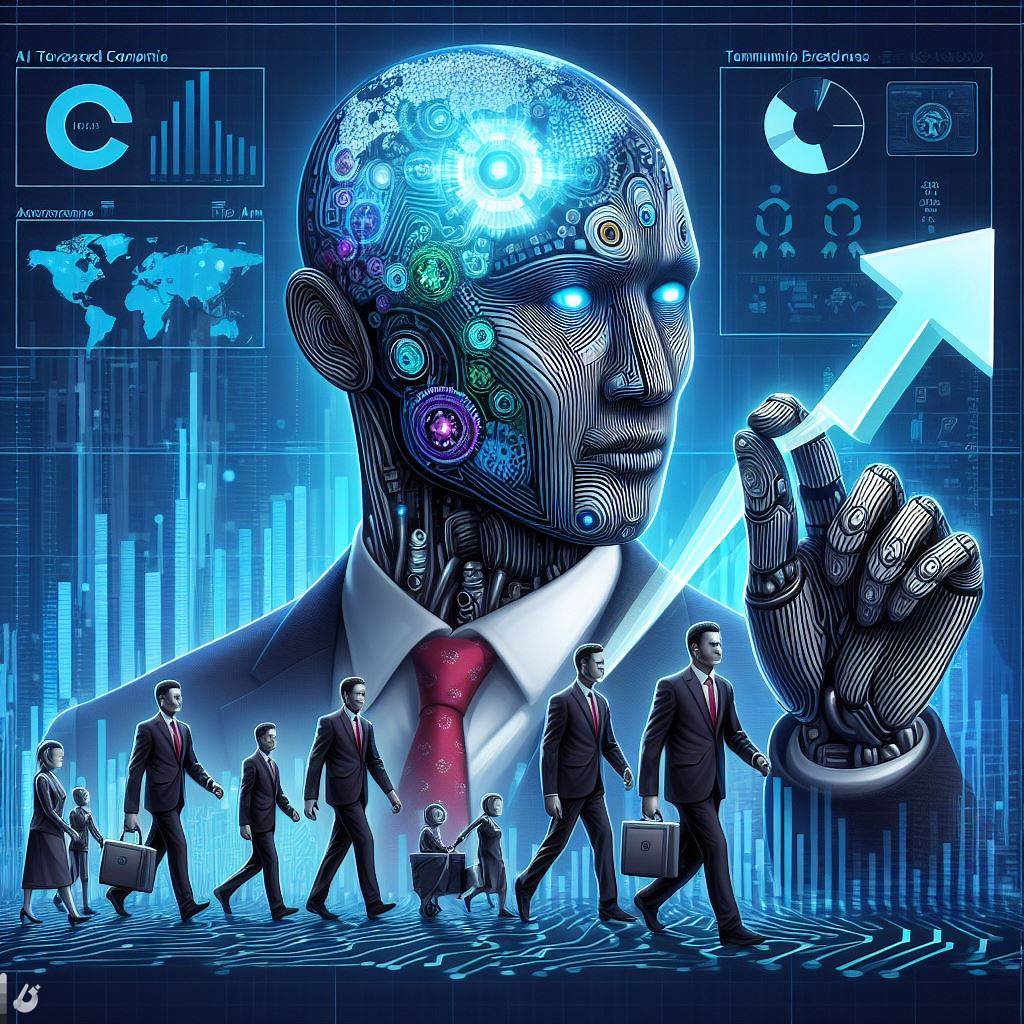
A recent analysis by the International Monetary Fund (IMF) highlights that artificial intelligence (AI) is poised to revolutionize the workplace, potentially affecting up to 40% of jobs globally. However, the analysis underscores that the impact will not be uniform across countries, with advanced economies facing greater disruption than emerging markets and low-income nations.
Inequality Concerns: IMF Managing Director Kristalina Georgieva expressed concerns over the potential exacerbation of overall inequality by AI. In a recent blog post, she emphasized the need for proactive policymaking to address the technology's impact on social tensions. Georgieva warned that if AI disproportionately benefits high-income workers, it could widen wealth gaps as returns to capital increase.
Regional Disparities: Surprisingly, the analysis suggests that advanced economies, including the US and Europe, will experience more significant disruptions compared to emerging markets and low-income nations.
Recommendations for Mitigation: To address potential challenges, Georgieva recommended the implementation of "comprehensive social safety nets" and retraining programs. Such measures would support workers vulnerable to displacement as AI continues to reshape the workforce. While certain occupations may face full automation, the initial impact is expected to involve AI augmenting human capabilities in various roles.
Global Regulatory Landscape: The regulatory environment for AI remains dynamic globally. The European Union recently reached a tentative deal on legislation governing AI use, emphasizing risk assessments and transparency rules. In contrast, the US is still evaluating its stance on AI regulation at the federal level.
Discussion at World Economic Forum: Georgieva's perspectives coincide with discussions at the World Economic Forum's annual meeting in Davos, where the impact of AI on the workforce is a prominent topic. The need for a nuanced and adaptive policy framework to address the evolving challenges posed by AI is a central theme.
Concerns Amidst Tech Layoffs: As 2024 witnesses a wave of layoffs from tech giants like Google and Amazon, questions arise about the potential role of AI in exacerbating employment challenges. The evolving landscape underscores the importance of monitoring AI's impact on employment and adjusting policies accordingly.
The IMF's analysis sheds light on the nuanced and uneven impact of AI on the global workforce. While the transformative potential is significant, proactive policy measures are essential to mitigate inequalities and disruptions. The ongoing discussions at Davos underscore the urgency of addressing these challenges and crafting a balanced approach to navigate the evolving landscape of AI in the workplace.